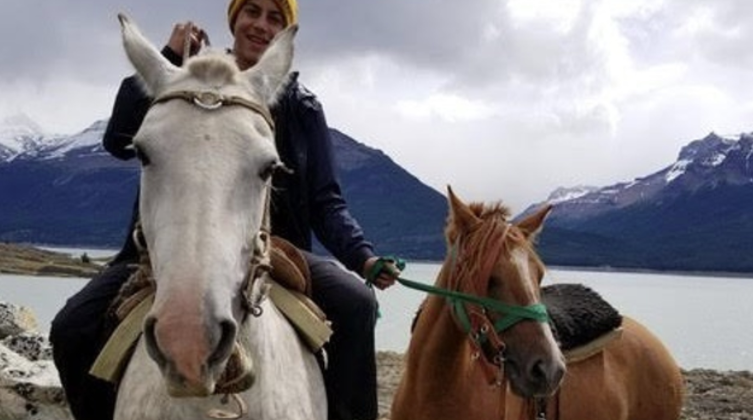

 By Carolyn Mahboubi
By Carolyn Mahboubi
Life Coach
When did the word “change” become a negative thing? George Bernard Shaw famously said, “Those who cannot change their mind, cannot change anything.” Yet, so many of us fight, resist, and are adverse to change in ourselves and others. Helping my clients enrich and improve their personal relationships is front and center in my work.
Arguably, the most effective tool in order to achieve more robust relationships, is skillful communication – not perfect, just skillful. Nobody was born knowing how to communicate effectively. It’s not an innate talent, but rather a learned skill that improves exponentially through exploring new concepts and putting them into consistent and deliberate practice.
So, we can learn to become excellent communicators, but fear of communicating is more difficult to get past. I can role play with my clients and teach them different ways of communicating authentically and collaboratively to achieve beneficial results. But I never release them into their everyday lives without getting clear on what fears have held them back from having the, now seemingly impossible, conversation in the first place. A number of reasons show up for this fear of holding back our truth, but top of the list is fear of being told we’ve changed.
It seems illogical and entirely ridiculous to expect everything about our personalities, relationships, and goals to stay the same over time. I agree with John F Kennedy who said, “Change is the law of life.” Change is like a horse that forges ahead with or without us. We aspire to be the skillful rider, who if not always in control, is able to be in charge. We make this shift from attempting to be in control (difficult and arguably, an unattainable goal) to being in charge (a skill built on presence and awareness), by first accepting the nature of the horse.
To be in charge of our lives, relationships, and direction, we are required to first become deeply comfortable with the notion of change, and then to welcome it in ourselves and others. This doesn’t feel natural because we have an ancient bias for seeking certainty and a deep aversion to ambiguity. Understanding this historical mind pattern allows us to get past the shame and confusion of desiring the status quo, even if it’s clearly not working, and gain the courage to have the invaluable conversations we’ve been avoiding. Imagine a life where when someone says to you, “You’ve changed!” you can simply respond, “Thank you!” and be truly and deeply content with your answer. That life is possible, and it is waiting for you.




 By Carolyn Mahboubi
By Carolyn Mahboubi